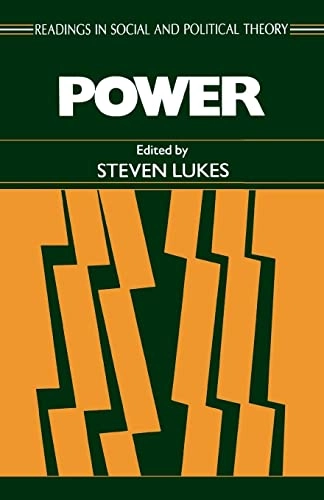What is power? Is it, as Betrand Russell suggested, "the production of intended effects", or is it the capacity to produce them? And which effects count? Or is Max Weber's definition of power as "the probability that an actor in a social relationship will be in a position to carry out his own will despite resistance" more accurate. What are the outcomes of power and who holds it? These are some of the fundamental questions answered in this colection of classic views of power.
Steven Luke's lucid and accessible introduction on the nature of power leads to pieces by Bertrand Russell, Max Weber, Robert Dahl, Hannah Arendt, Jurgen Habermas, Talcott Parsons, Nicos Polantzas, Alvin I. Goldman, Georg Simmel, J. K. Galbraith, Michel Foucault, Gerhard Lenski and Raymond Aron. The book thus provides students of politics and sociology with all the most important readings in a key area of political theory.
Åtkomstkoder och digitalt tilläggsmaterial garanteras inte med begagnade böcker





















